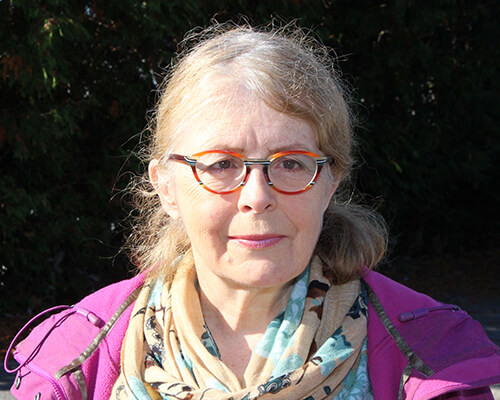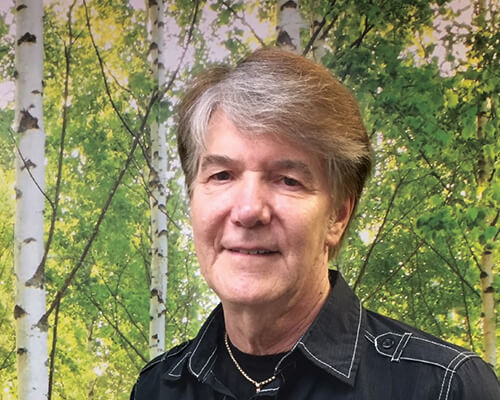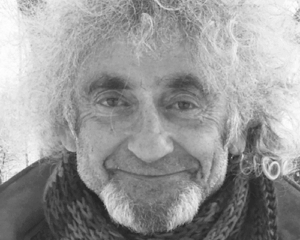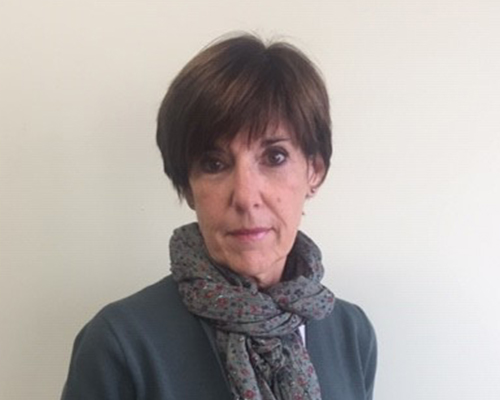Agathe
I was 68 years old when my husband was diagnosed. I felt relieved, as at that time he was displaying unexplained anger and out-of-character statements that began after his stroke. These behaviours did not correspond to the quiet and attentive person I knew.
The diagnosis allowed me to take advantage of supports and services. After reading the excellent materials provided by my community’s Alzheimer Society, I started to look for a memory clinic in Saint-Jérôme that could test my husband. After some delay, my husband was registered with Dr Paquin Ste-Agathe in January 2011. It was a very good decision.
The health-care system
Generally speaking, all of the medical professionals and support staff we saw did their best with the resources they have. Only a few seemed to depersonalize the care they provided, but it’s because of the workload they faced.
People’s reactions
People close to me were helpful and sympathetic. The presence and constant support of friends, particularly from a neighbour and her husband, have been comforting, and I’m very grateful.
Some people were surprised by my husband’s diagnosis and could not believe it. Some were scared. Others have been empathetic and understanding.
Facing stigma
Attitudes have changed over the past decade or so. People in general show more understanding because they are better informed, either because of circumstances experienced by parents, acquaintances, colleagues and friends, or because they have been closely touched by the disease of a partner, a parent or a close friend.
The important work of the Alzheimer Society has made a real difference. Congratulations!

HERE ARE MY TIPS TO HELP YOU UNDERSTAND:
- Learn about the disease. Read, check resources and attend the meetings that are organized for caregivers.
- Talk as often as possible about your situation to friends, confidants, neighbours and with the experts at the Alzheimer Society.
- Do not hesitate to ask for help as soon as possible, so you can get information about the available services in your region.
- Understand that cognitive losses are a degenerative disease, which you must adapt to as well as possible. It’s important that the caregiver learn about approaches to adapt to these changes.
-
More Stories
-

Gilles
2020
Quebec
-

Howie
2018
Quebec
-

Johanne
2020
Quebec
-

John Ryan
2018
Quebec

Comments
We may use your information in order to track your relationship with us and our site(s). We do NOT share your information with third parties.